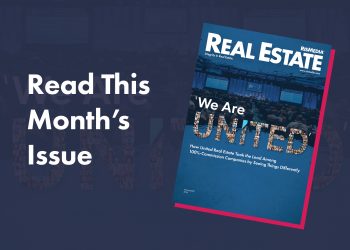It’s important to focus on financial protection, and with National Consumer Protection Week being observed fromMarch 1-7, and the National Foundation for Credit Counseling® (NFCC) isparticipating by connecting consumers to key resources.
“Consumers who are informed about their rights have an advantage over thosewho don’t,” says Bruce McClary, spokesperson for the NFCC.
The following tips can help people learn more about managing their personalfinances while protecting themselves from scams and abusive practices:
Know the consumer rights associated with debt collection. During the past
five years, the Federal Trade Commission (FTC) has filed legal actionagainst 180 debt collection agencies. Threatening phone calls, abusivelanguage, calling at odd hours, and revealing account information to othersare among the ways that some debt collectors are violating consumer rights.All consumers should be familiar with the rules that protect their rights inthese situations.
Review credit reports every year. Credit reports are not only the gateway toloans, mortgages and credit cards, but are often reviewed by landlords, cellphone providers and utility companies. The report reflects a person’sfinancial track record, and can strongly influence a lending decision. Beyour own personal watchdog by routinely reviewing your credit report.Consumers can access a free copy of their credit report once every 12 months
from each of the three bureaus, Experian, Equifax and TransUnion, by going
to http://www.AnnualCreditReport.com.
Get to know credit card protections. Many people don’t realize that certainprotections are part of their credit card agreement. For instance, the FairCredit Billing Act allows consumers to seek a refund if a product purchasedwas unsatisfactory. Cards may also offer return protection and extendedwarranties. There are many Federal laws in place to protect your rights wheninteracting with a credit card company.
“Being uninformed or misinformed about basic consumer protections can leave
a consumer vulnerable to financial abuse,” says McClary. “Those whotake the steps to learn about their rights are in the best position to makehealthy financial choices.”
For more information, visit www.nfcc.org.










